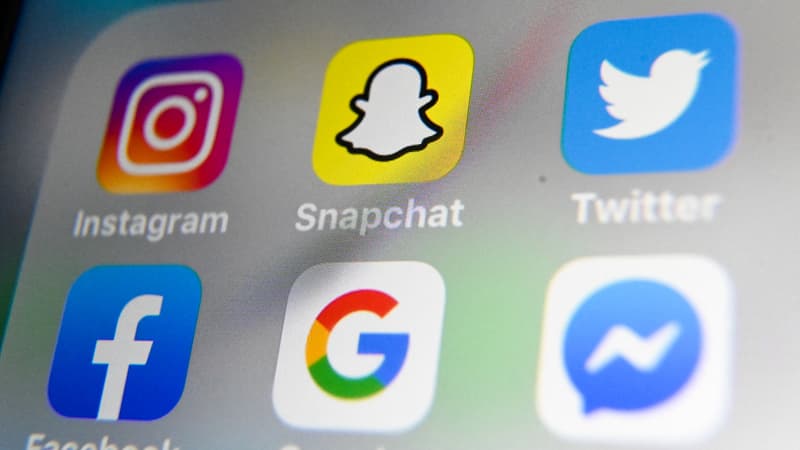Given the role of social networks in the recent riots, the President of the Republic Emmanuel Macron hinted that these could be cut in case the situation reproduces itself in the future.
Several countries around the world have already cut off access to social media for their citizens. According to the statistics site Statista, at least 72 countries are concerned. Statistics show that these restrictions occur mainly in non-democratic governments. There are, for example, China, North Korea and Türkiye.
radical cuts
Some countries have taken the radical decision to permanently ban social networks, mainly those of large American technology companies, such as Facebook, Twitter or TikTok. This is the case of China, which has banned Facebook and Twitter, among others, since 2009. The country has its own social networks, including its own version of the -still Chinese- social network TikTok.
Indeed, although from a Chinese company, the western version of the TikTok social network is not available in the territory. It is Douyin, its sister application reserved for China that is used there, which offers the same functions but with reinforced censorship.
In late 2016, Turkey tightened its “internet censorship” by permanently cutting off access to certain social networks. It also happens sometimes that certain platforms comply with censorship requests. Last May, Twitter had thus agreed to requests from the Turkish government to temporarily censor certain tweets critical of its management of the earthquake that had killed more than 50,000 people in the country.
Russia for its part banned Facebook and Instagram for “extremism” at the beginning of 2022, but also restricted certain messaging applications such as Snapchat, Telegram or WhatsApp in March 2023.
In some cases, countries only temporarily cut off access to social media: this is the recent case of Senegal, at the beginning of June, which “decided to temporarily suspend the use of certain digital applications”, Interior Minister Antoine Diome had indicated at the time, while violent demonstrations multiplied in the country. This was also the case during the demonstrations in Iran, in September 2022.
Certain types of networks
Other countries have chosen to limit access to certain types of social networks: this is the case of Qatar and the United Arab Emirates, which restrict Internet calling applications such as WhatsApp or Skype.
In general, these government decisions are made to “limit foreign influence”, often American, but also to isolate the population, limit access to certain information or even stop the organization of events or meetings.
To fight these government decisions, citizens regularly resort to circumvention, such as using a VPN or using alternative platforms.
Source: BFM TV


